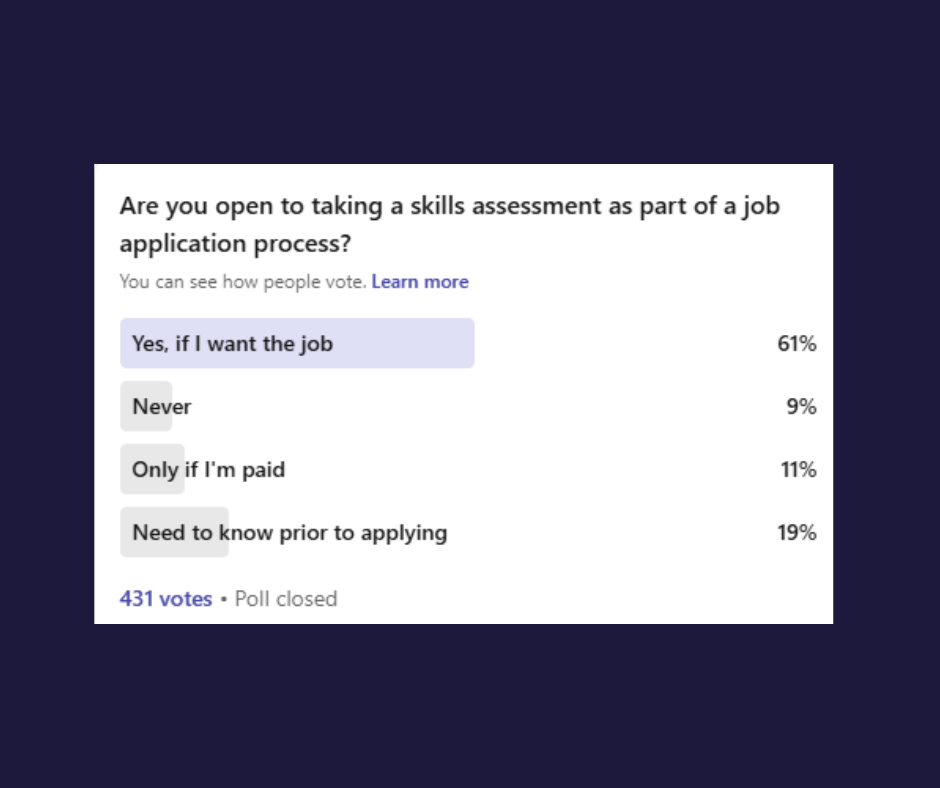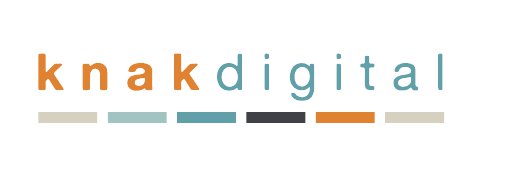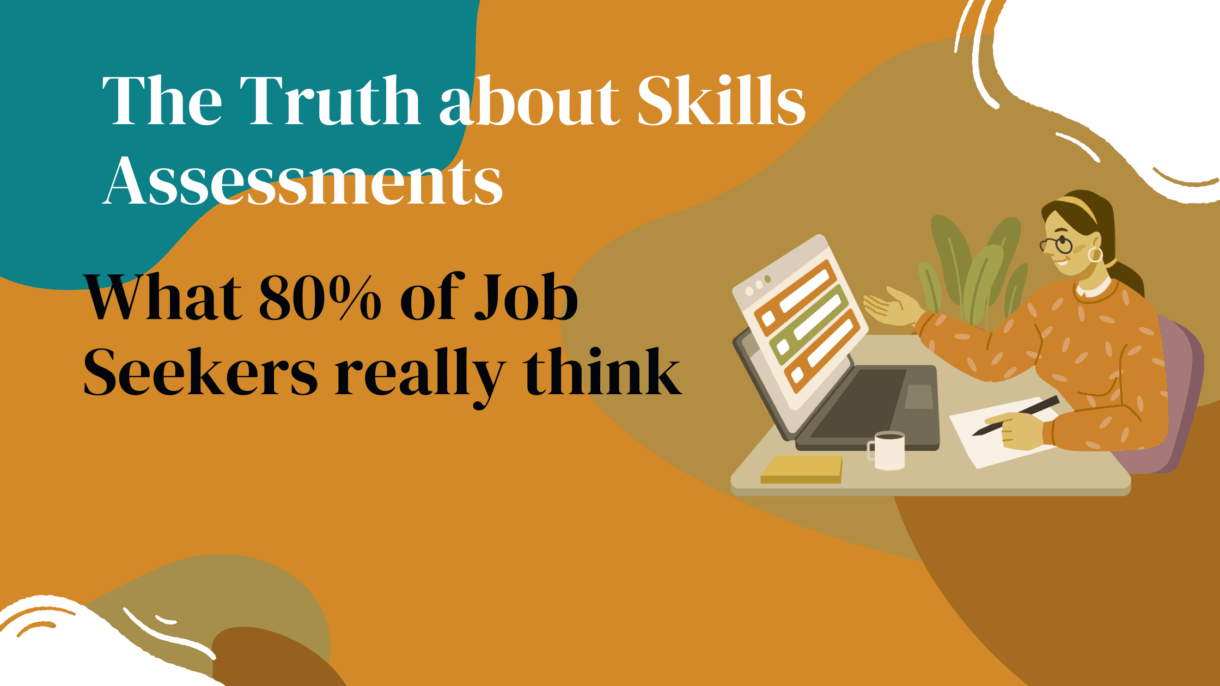A data-driven look at candidate attitudes toward skills testing and how to implement assessments that work for everyone
The Surprising Poll Results That Changed My Perspective
When I recently polled my LinkedIn network about skills assessments, the results came as a complete surprise to me. 80% of job seekers said they WOULD take a skills assessment if they were made aware before applying. This flew in the face of everything I’d been seeing across social media platforms, Facebook groups, and Reddit threads, where the prevailing sentiment seemed to be overwhelmingly negative toward any form of pre-employment testing.

I’ll admit—I was quite aghast at these results. The disconnect between social media complaints and actual candidate preferences revealed something important about how we discuss and implement skills assessments in hiring.
Why the Disconnect? Context Matters More Than We Think
Looking back, I realized I had flubbed my poll by not defining the assessment scope or time commitment. There’s a world of difference between a twenty-minute coding test and an elaborate marketing case study that could take hours to complete properly. This oversight highlighted a crucial point: the devil is in the details when it comes to skills assessments.
What the Data Really Tells Us
The overwhelming majority of respondents were willing to engage with skills assessments when they knew about them upfront, suggesting that transparency and clear expectations are the foundation of successful skills-based hiring. Candidates aren’t necessarily opposed to “showing their tell”–they want to know what they’re signing up for.
The 11% who said they would only take assessments if paid likely represent candidates who have been asked to complete time-intensive work as part of the interview process. I see this frequently in marketing roles, where businesses ask candidates to create social media strategies or branding work specifically for the company they’re interviewing with. When candidates feel they’re providing free consulting work rather than demonstrating their skills, the experience quickly turns sour.
The small but vocal 9% who voted “never” raises important questions: Have poorly designed assessments burned them? Do they believe better interviewing questions and portfolio evidence should be sufficient? Understanding this perspective is crucial because these candidates may represent high-quality talent who previous assessment experiences have deterred.
Skills-Based Hiring: Here to Stay and Accelerating
Despite the mixed reactions, skills-based hiring isn’t going anywhere—in fact, it’s accelerating rapidly. 45% of companies are expected to drop degree requirements for key roles in 2025, focusing instead on skills-first hiring models, according to SNI Companies. As long as candidate misrepresentation and resume fraud persist, employers will continue seeking objective ways to evaluate capabilities. The challenge isn’t whether to use assessments, but how to implement them effectively using the latest innovations.
Modern Assessment Technologies Are Solving Old Problems
The skills assessment landscape is rapidly evolving with new technologies that address many traditional candidate concerns about time, relevance, and engagement. Adaptive tests now adjust to candidate answers in real-time, cutting evaluation time by 40% while increasing accuracy by 25%—addressing one of the biggest candidate complaints about lengthy assessments.
Gamified assessments are transforming how we evaluate soft skills, making the process more engaging and providing richer insights into candidate behavior. Pre-recorded video interviews offer flexibility for candidates while saving recruiters up to 70% of pre-screening time. Most impressively, advanced AI systems can now predict with 85% accuracy whether a candidate will thrive in a specific role according to Central Test.
Best Practices for Effective Skills Assessments
1. Transparency from the Start
The easiest way to prevent candidate drop-off is being upfront about assessments from the beginning. Include information about:
- What type of assessment will be required
- Approximate time commitment
- When in the process it occurs
- How results will be evaluated
2. Leverage Modern Assessment Technologies
Take advantage of new assessment innovations to improve both candidate experience and evaluation quality:
- Use adaptive testing to reduce time commitment while maintaining accuracy
- Consider gamified elements for roles requiring creativity or complex problem-solving
- Implement AI-powered matching to ensure assessments truly predict job success
- Offer asynchronous options like video interviews to accommodate different schedules Early-stage assessments should be:
- Under 30 minutes when possible
- Directly related to core job functions
- Focused on skills that can’t be adequately evaluated through conversation
3. Keep It Brief and Relevant
Early-stage assessments should be:
- Under 30 minutes when possible (or leverage adaptive testing to reduce time automatically)
- Directly related to core job functions
- Focused on skills that can’t be adequately evaluated through conversation
4. Distinguish Between Skill Tests and Work Samples
Be clear about whether you’re asking candidates to:
- Demonstrate existing skills (appropriate for unpaid assessments)
- Create deliverable work for your business (should be compensated)
5. Provide Value in Return
Even unpaid assessments should offer candidates something valuable:
- Insight into the role’s actual responsibilities
- Feedback on their performance
- A realistic preview of the work environment
6. Time Your Assessments Strategically
Consider placing assessments:
- After an initial screening call to ensure mutual interest
- Before extensive in-person interviews to save everyone time
- At a point where candidates feel invested in the opportunity
For assessments that require significant time investment (generally over one hour) or ask for deliverable work that benefits the company, consider offering compensation. This shows respect for candidates’ time and expertise while maintaining a positive employer brand.
Remember that the goal isn’t just to evaluate candidates—it’s to create a positive experience that reflects well on your organization. Always explain why the assessment is necessary and how it relates to job success, offer reasonable timeframes for completion, provide constructive feedback regardless of whether candidates advance, and acknowledge that assessments represent an investment of the candidate’s time.
The Bottom Line: Technology Meets Human-Centered Design
The data suggests that candidates aren’t fundamentally opposed to skills assessments—they’re opposed to poorly designed, time-consuming, or unclear evaluation processes. With 45% of companies dropping degree requirements and embracing skills-first hiring, the opportunity to create better assessment experiences has never been greater.
Modern assessment technologies like adaptive testing, AI-powered matching, and gamification are addressing traditional candidate pain points while providing more accurate evaluations. By implementing transparent, respectful, and technologically advanced assessment processes, hiring teams can effectively evaluate skills while maintaining a positive candidate experience.
The key is combining these technological advances with human-centered design principles that respect candidate time and provide clear value in return for their investment.
As we continue to navigate the evolving landscape of talent acquisition, the key is finding the right balance between thorough evaluation and candidate respect. When done well, skills assessments can actually enhance the hiring experience by giving both parties a clearer picture of fit and expectations.
What’s your experience with skills assessments? Have you found effective ways to balance thorough evaluation with candidate experience? Share your thoughts and strategies in the comments below.
About Skills-Based Hiring
Skills-based hiring continues to evolve as organizations seek better ways to identify and evaluate talent. For more insights on effective hiring practices, follow our blog for regular updates on talent acquisition trends and best practices.
- The Truth About Skills Assessments: What 80% of Job Seekers Really Think
- Never Heard Back After Interview? Here’s When You Should Reapply.
- How Great Leaders Showcase their Management Style
- From Federal to Private: Rebranding Your Government experience for Commercial Success
- Are Reference Checks Useless? Rethinking Their Value in Hiring

